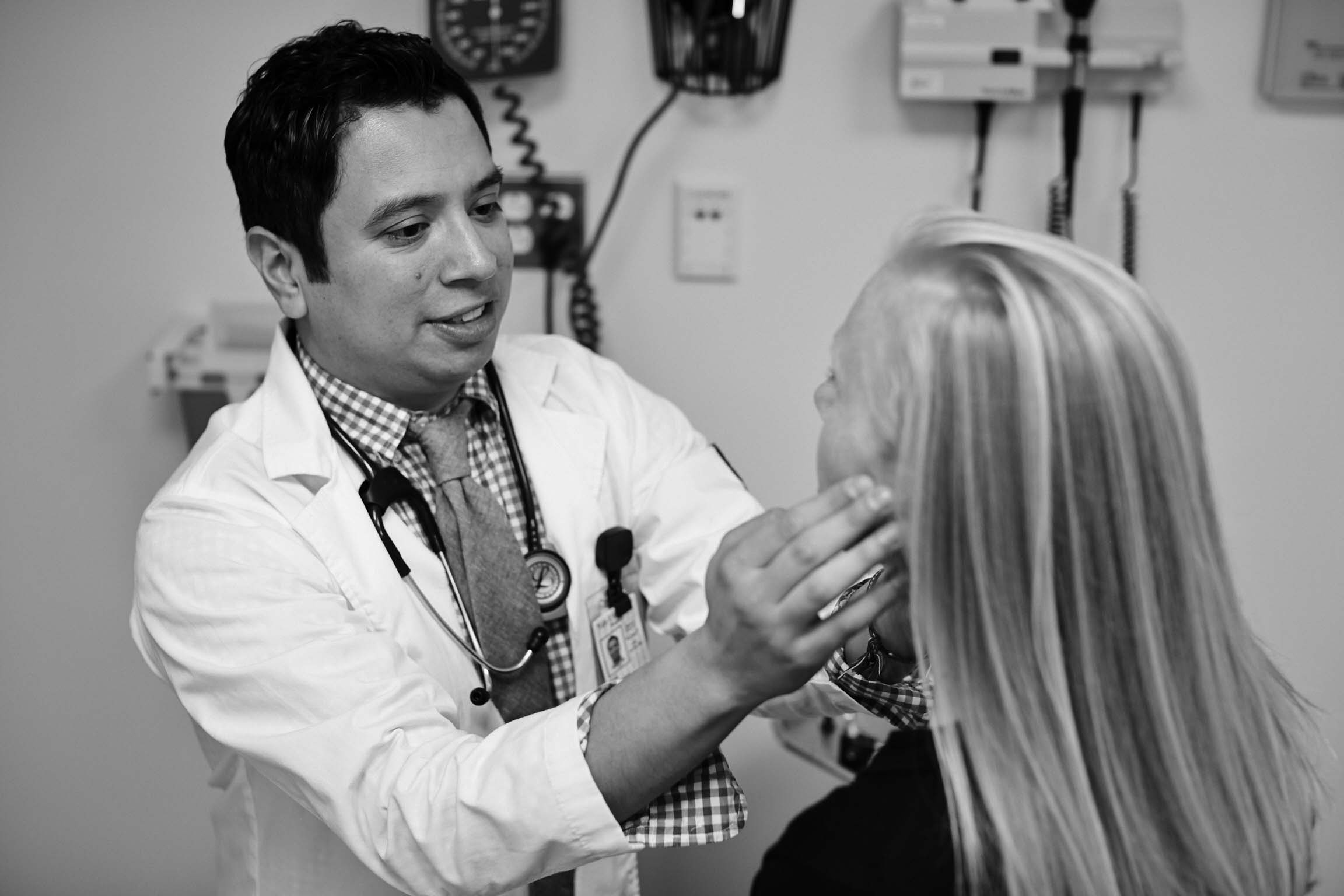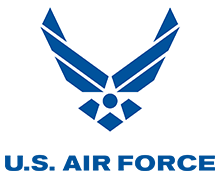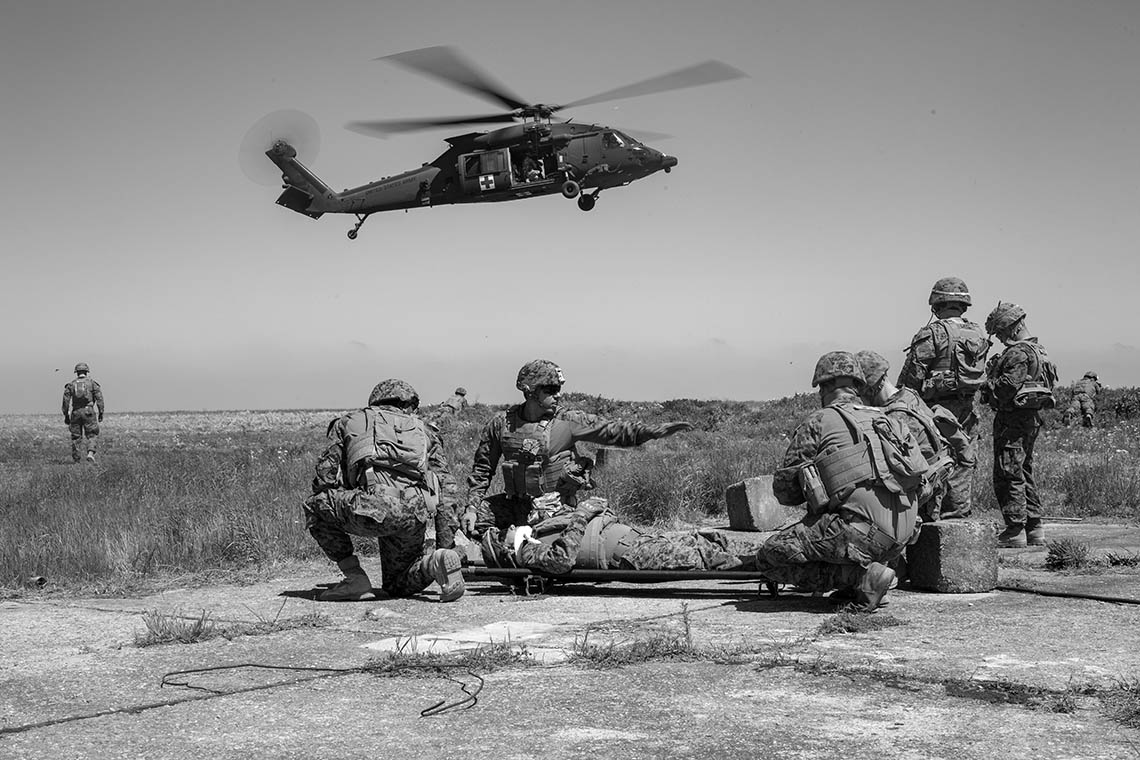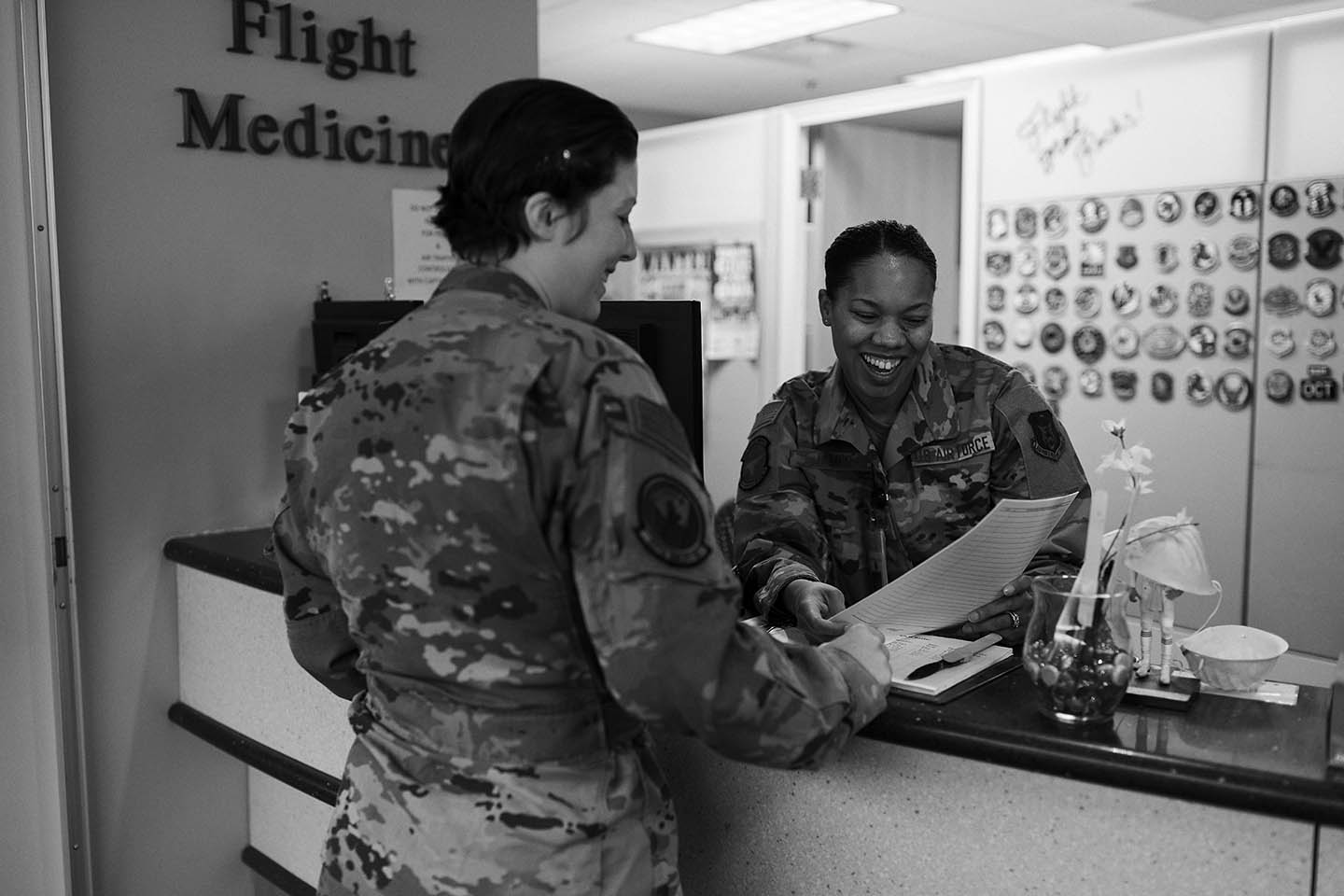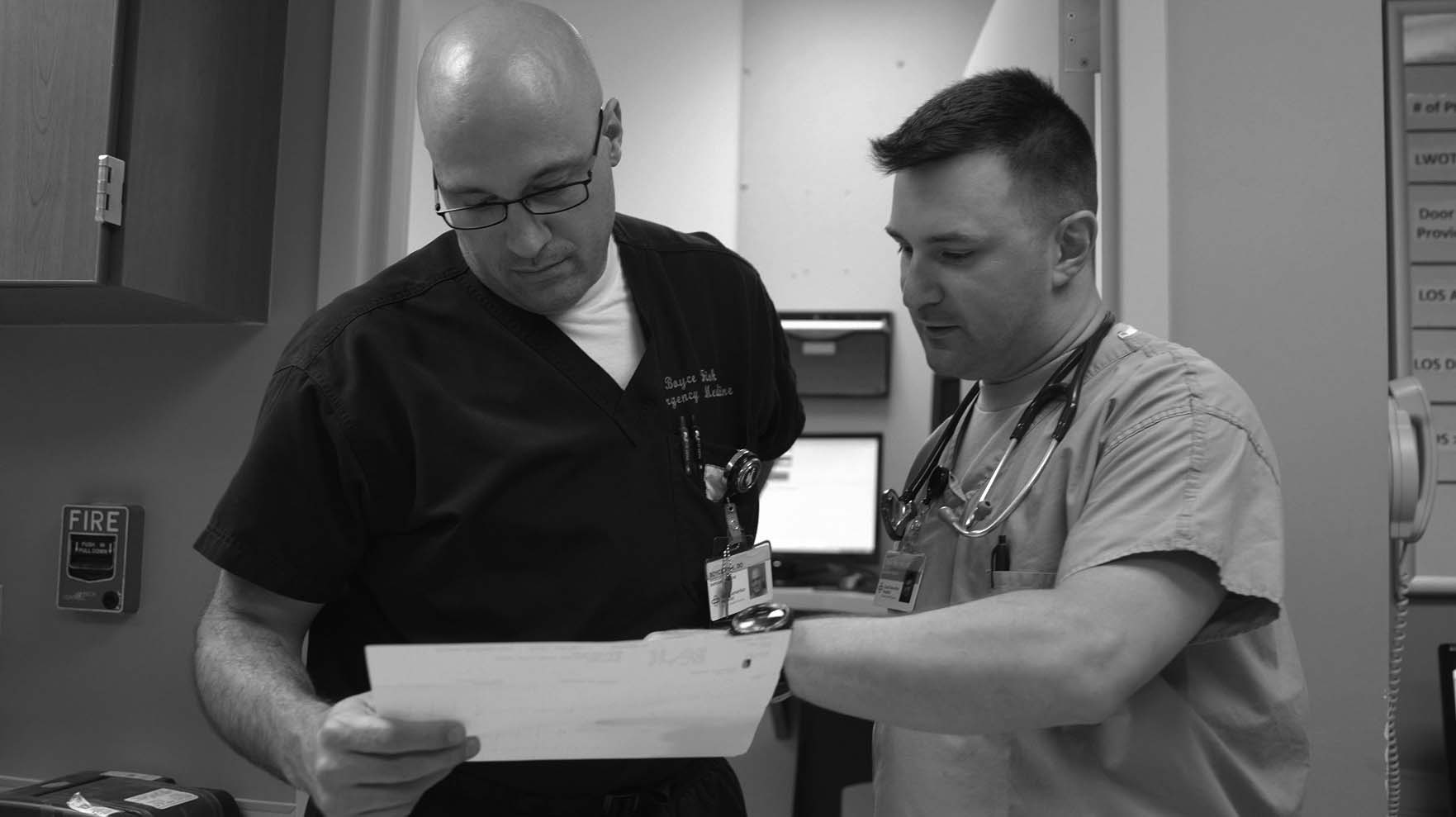Degrees + Licensing
HPSP and USU require all applicants to have baccalaureate degrees from accredited programs in the United States, Canada or Puerto Rico. For the HPSP application to be final, applicants must be accepted to, or enrolled, in an accredited physician of medicine (M.D.) or physician of osteopathic medicine (D.O.) degree program in the United States or Puerto Rico.
If you hope to enter the Military as a full physician, you must have a degree from an accredited M.D. or D.O. program from the United States or Puerto Rico. Accreditation must come from the Liaison Committee on Medical Education or the American Osteopathic Association.
Physicians with degrees from foreign medical schools must also:
- Pass either the Foreign Medical Graduate Examination in the Medical Sciences or hold an Educational Commission for Foreign Medical Graduates certification
- Be certified by the American Board of Medical Specialties
- Complete internship in the United States, Canada or Puerto Rico
- Have an unrestricted license to practice in the United States and its territories
- Be currently engaged in a clinical practice
Finally, physicians need to have completed one year of graduate medical education, must have a valid state license issued by a state, territory or commonwealth of the United States or the District of Columbia, and should be board certified or board eligible.


